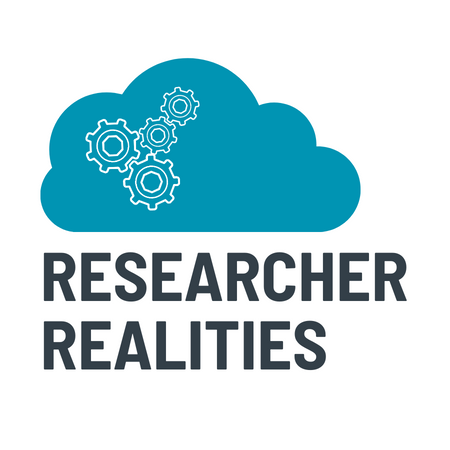#redefineuniversity or why one dictionary definition is symptomatic of the invisibilisation of researchers
This post is the first in a series that explores what it means to be a career researcher. Each post is written by one long-term researcher employed at the University of Edinburgh. In this introduction to the series, Dr Cecile Menard reflects on the invisibilisation of staff on temporary research-only contracts.
Sometimes it’s hard to be the Oxford English Dictionary (OED). In 2019, the OED, which according to its website is “widely regarded as the accepted authority on the English language”, was on the receiving end of the #sexistdictionary campaign; words like “frail”, “wench”, “biddy”, “bit” (as well as a homophone of the latter finishing by “ch”) were listed as synonyms of the word “woman”. The campaign gathered enough momentum for the OED to revise its entry: some of these words are still listed as synonyms, but with the important clarification that these are, in fact, “derogatory” terms to describe a woman.
I, too, have an issue with one OED definition. The one for “university”: “An institution of higher education offering tuition in mainly non-vocational subjects and typically having the power to confer degrees” [1].
Is that all?
Can you notice anything missing?
What about research?
That the OED and some free popular online dictionaries (dictionary.com [2], dictionary.cambridge.org [3]) do not include research in their definition of “university” is not the reason why most universities do not consider being a researcher a long-term career option. However, it is symptomatic of a narrative that contributes to invisibilising the role of researchers, most particularly those on temporary research-only contracts, in universities.
Take Research Excellent Framework (REF). How many of the 185594 outputs [4] submitted to the latest REF were first authored or produced by staff on research-only contracts? We don’t know. We know that 12950 early career researchers (ECRs) submitted one or more outputs, but not all staff on research-only contracts are ECRs. Nevertheless, would it not be useful to know how many outcomes were produced by researchers, given that these outcomes are used to inform the allocation of around £2 billion per year to universities? Of course, many grants on which researchers are employed will have been secured by academic staff on permanent contracts which include both teaching and research, not least because UKRI eligibility criteria often prevent staff on fixed-term contracts (the type of contracts most researchers are on) from applying to large grants as principal investigators (PI) other than individual research fellowships. So yes, PIs secure project funding, but researchers mostly do the research on these projects and that research pays. So, whatever the OED says, research undeniably defines the identity of universities.
Perhaps I should start a campaign to add research in the OED definition of “university”. What about #redefineuniversity? And who knows, after the hashtag has been retweeted millions of times, after I have become an influencer and been interviewed by newspapers all over the world (who will play me in the film about my life?) maybe then, at last, we will be able to talk about research being a long-term sustainable career option in UK universities.
Until then, back in the real world, being a researcher is already, for many, a career albeit one for which there is no predetermined path to follow. Over the next few weeks, IAD4Researchers will be publishing a series of blog posts written by career researchers. We invite you and the OED editors to meet these researchers who defy the academic career structure.
[1] https://www.oed.com/view/Entry/214804?rskey=hWzfEX&result=1&isAdvanced=false#eid (requires login)
[2] https://www.dictionary.com/browse/university
[3] https://dictionary.cambridge.org/dictionary/english/university
[4] https://ref.ac.uk/results-analysis/
[5] https://www.ukri.org/about-us/research-england/research-excellence/research-excellence-framework/
Dr Cecile Menard is a research associate in the School of Geosciences. She recently finished a two-year part-time secondment with IAD in which she investigated the career path of researchers in long-term employment on short-term contracts. She is currently the recipient of a PTAS grant in which she investigates the role of researchers in teaching and learning.


